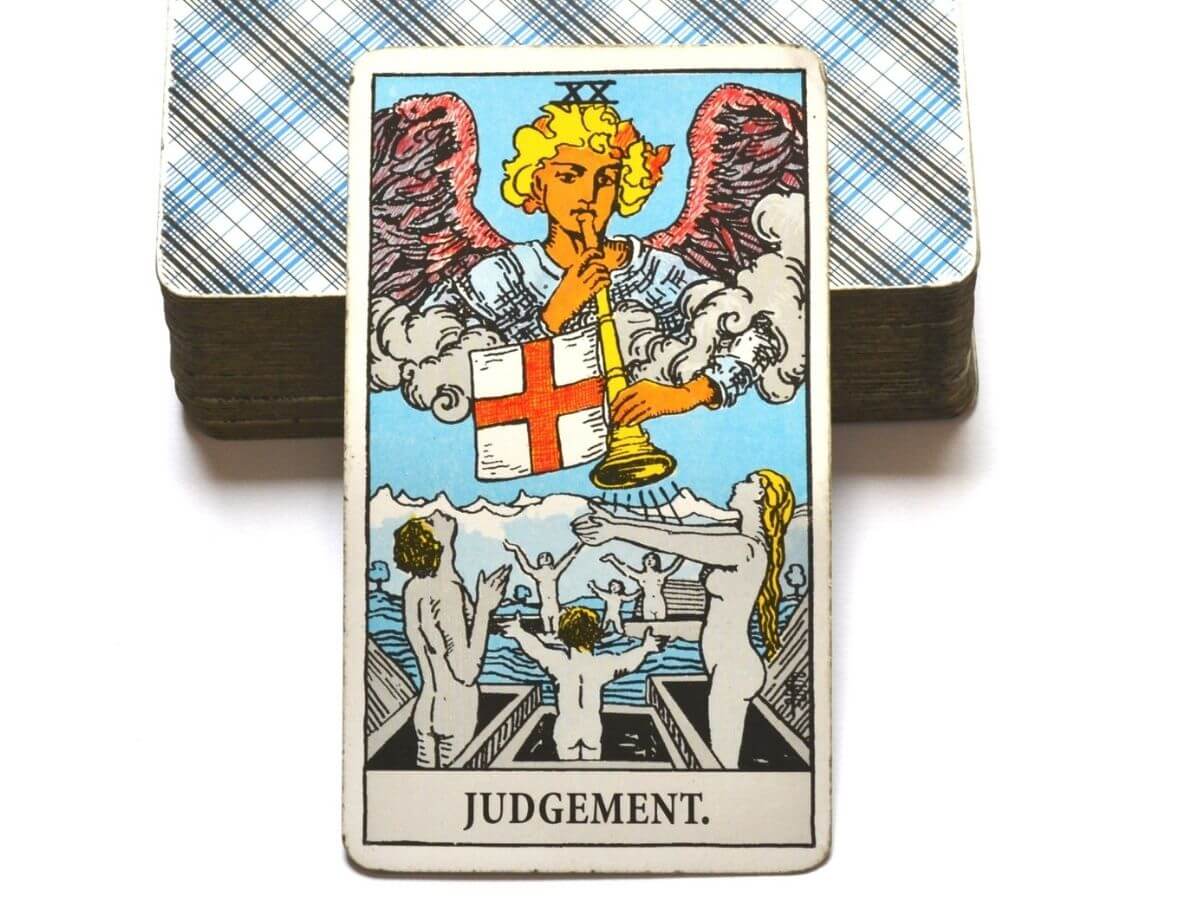The Judgement archetype in tarot is a powerful symbol that invites us to reflect on our past actions and their consequences. This card, often depicted with vibrant imagery, represents rebirth, renewal, and the call to a higher purpose. By exploring the Judgement card in-depth, we can uncover its profound significance in our lives and learn how to harness its transformative energy.
In this article, we will delve into the various aspects of the Judgement archetype, discussing its meanings, symbolism, and how it plays a crucial role in tarot readings. We will also look at the historical context of the Judgement card, its interpretation in different cultures, and practical ways to apply its lessons in our daily lives.
Whether you are a seasoned tarot enthusiast or a curious beginner, understanding the Judgement archetype can enhance your tarot practice and personal growth. Join us as we embark on this enlightening journey through the world of tarot and discover the wisdom that the Judgement card has to offer.
Table of Contents
- 1. The History of the Judgement Card
- 2. Symbolism of the Judgement Card
- 3. Meanings of the Judgement Archetype
- 4. The Reversed Judgement Card
- 5. The Judgement Card in Tarot Readings
- 6. Using the Judgement Archetype for Self-Reflection
- 7. The Judgement Archetype in Different Cultures
- 8. Conclusion and Call to Action
1. The History of the Judgement Card
The Judgement card is part of the Major Arcana in tarot, often numbered XX. Its origins can be traced back to the early tarot decks of the 15th century in Europe. Initially, the card was associated with themes of resurrection and the divine judgment of souls. Over time, its interpretation evolved, reflecting the changing cultural and spiritual landscapes.
2. Symbolism of the Judgement Card
The Judgement card is rich in symbolism. It typically features an angelic figure blowing a horn, awakening the dead from their graves. This imagery captures the essence of rebirth and the call to self-evaluation. The following elements are commonly associated with the Judgement card:
- The Angel: Represents divine guidance and the call to a higher purpose.
- The Horn: Symbolizes awakening and the announcement of significant changes.
- The Figures: Often depicted as people rising from their graves, signifying resurrection and new beginnings.
3. Meanings of the Judgement Archetype
The Judgement card embodies several key themes, including:
- Rebirth: The card signifies a new beginning, often after a period of reflection or transformation.
- Self-Assessment: It encourages individuals to evaluate their past decisions and learn from them.
- Forgiveness: The Judgement card often calls for forgiveness, both of oneself and others.
4. The Reversed Judgement Card
When the Judgement card appears reversed in a reading, its meanings can shift significantly. Some common interpretations include:
- Self-Doubt: Individuals may struggle with their self-worth and question their decisions.
- Fear of Change: There may be resistance to personal growth and transformation.
- Unresolved Issues: The card can indicate that past mistakes are haunting the present.
5. The Judgement Card in Tarot Readings
In tarot readings, the Judgement card can have profound implications. It often signals a time for decision-making and reflection. Here are a few contexts in which the Judgement card may appear:
- Life Changes: It may indicate a significant life transition, such as a career change or a move.
- Personal Growth: The card encourages individuals to embrace personal growth and transformation.
- Relationship Reflections: It can prompt a reevaluation of relationships and connections.
6. Using the Judgement Archetype for Self-Reflection
To effectively harness the energy of the Judgement card, consider these self-reflection practices:
- Journaling: Write about your past experiences and lessons learned.
- Meditation: Spend time meditating on your goals and aspirations.
- Seeking Feedback: Ask trusted friends or mentors for their insights on your growth.
7. The Judgement Archetype in Different Cultures
The Judgement archetype resonates across various cultures and spiritual practices. For instance:
- Christianity: The theme of resurrection and divine judgment is central to Christian beliefs.
- Buddhism: Concepts of karma and self-reflection echo the Judgement card’s themes.
- Indigenous Practices: Many indigenous cultures emphasize the importance of ancestral wisdom and reflection.
8. Conclusion and Call to Action
In conclusion, the Judgement archetype in tarot serves as a powerful reminder of the importance of self-reflection and growth. By understanding its meanings and symbolism, we can better navigate life's challenges and embrace new beginnings. We encourage you to explore the Judgement card further in your tarot practice and reflect on its lessons in your life.
If you found this article insightful, please leave a comment below and share your thoughts. Don’t forget to check out our other articles for more tarot insights and wisdom!
We hope you enjoyed this exploration of the Judgement archetype. Return to our site for more enlightening content and continue your journey of self-discovery through tarot.
Article Recommendations


